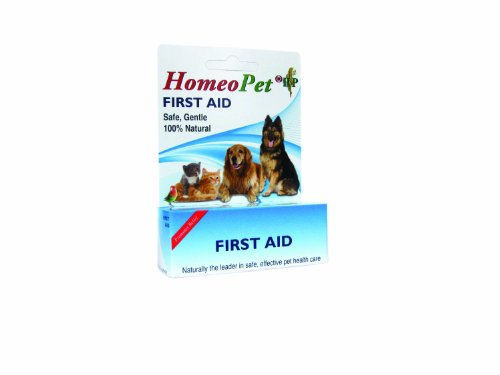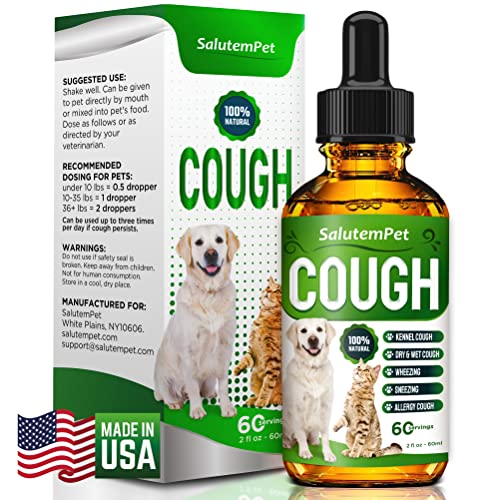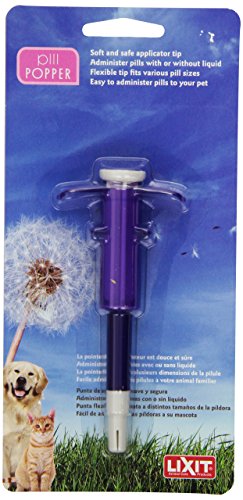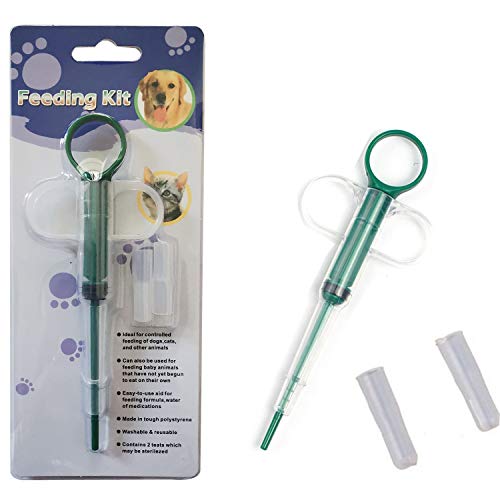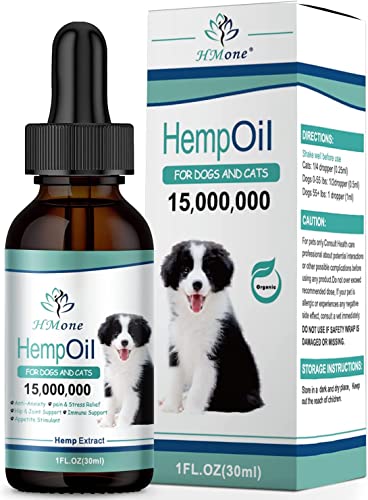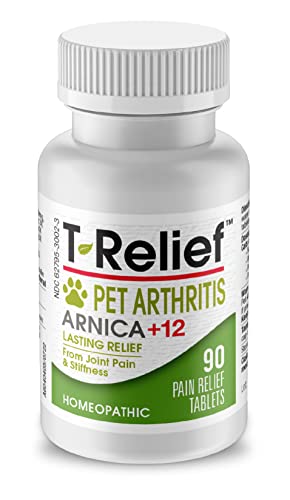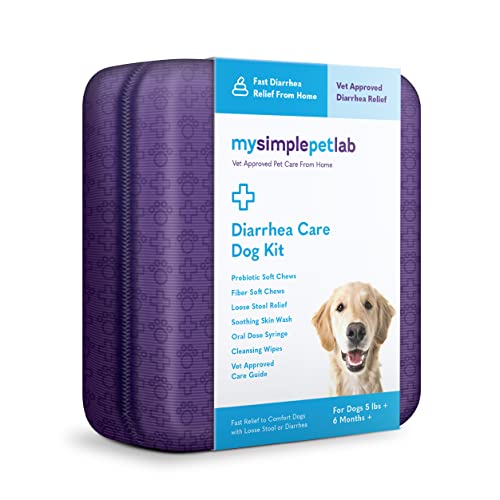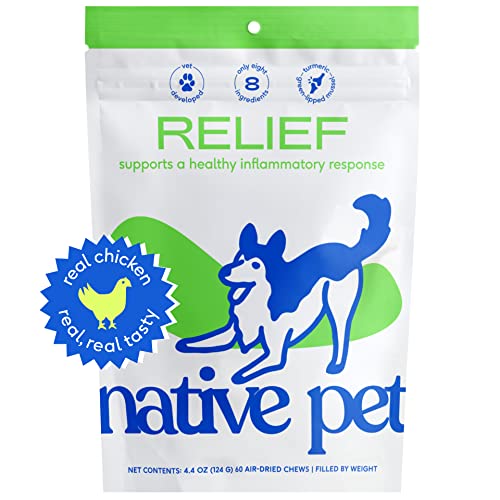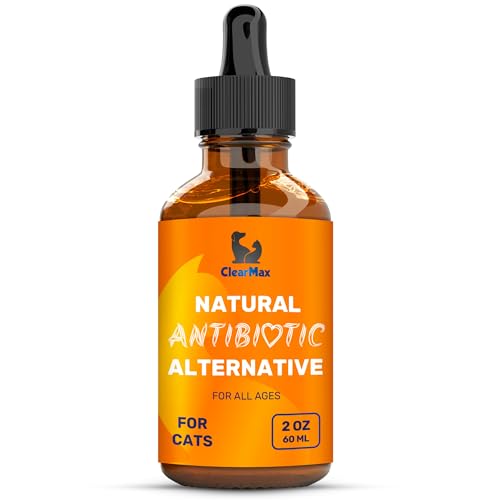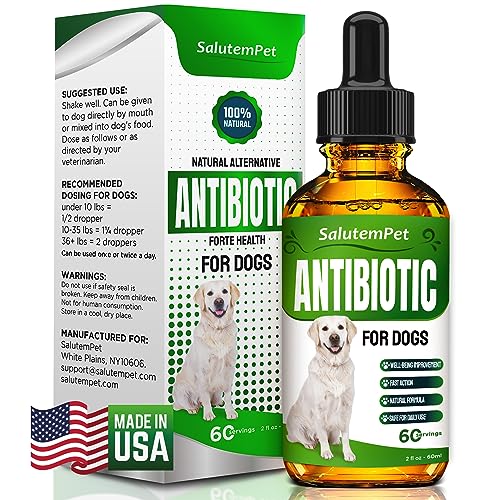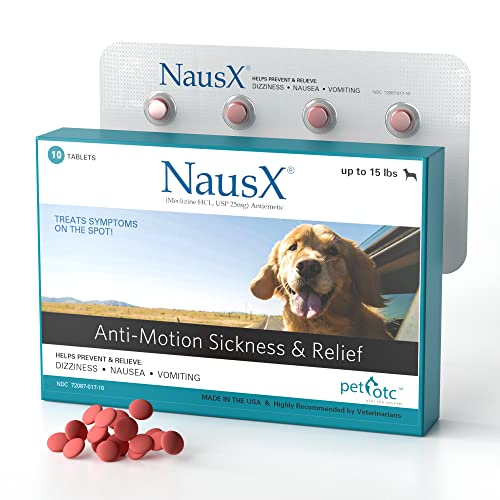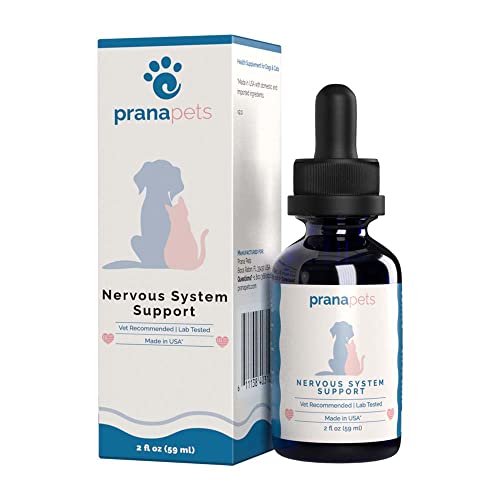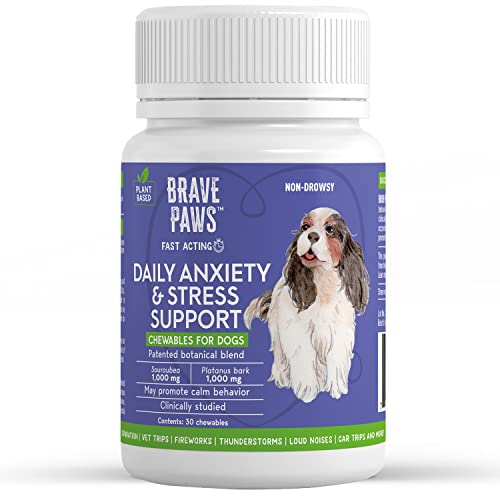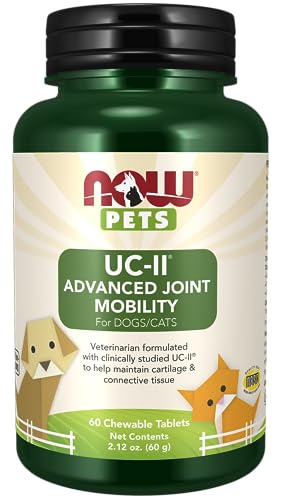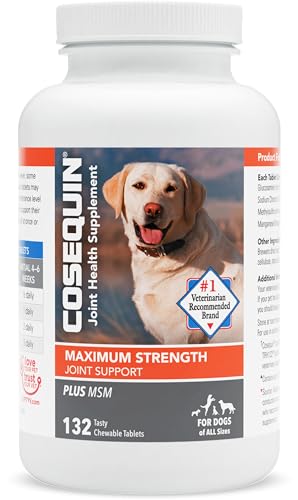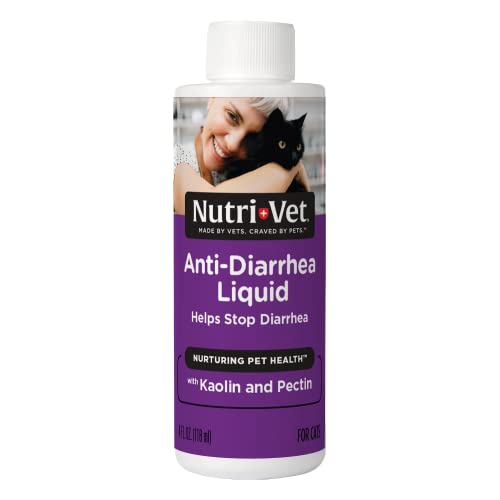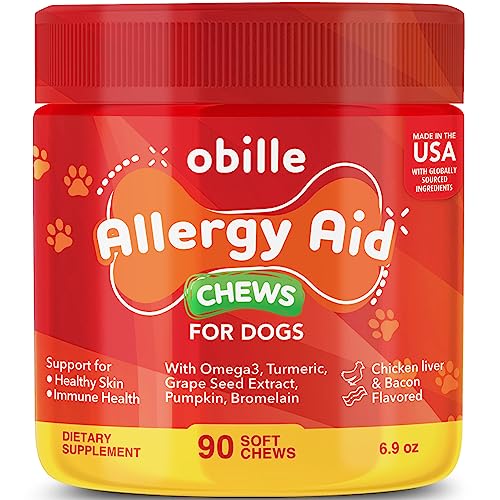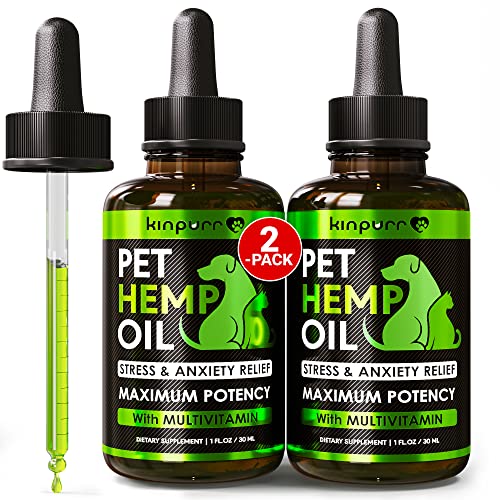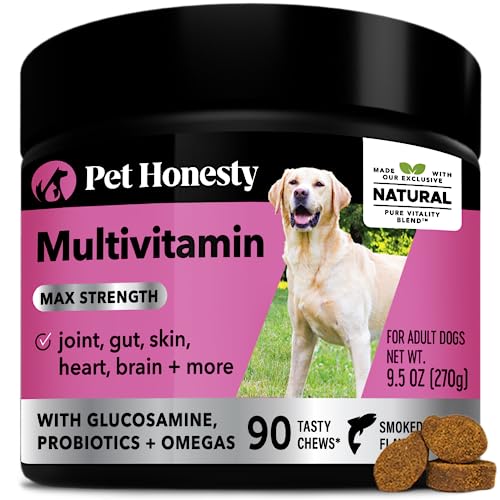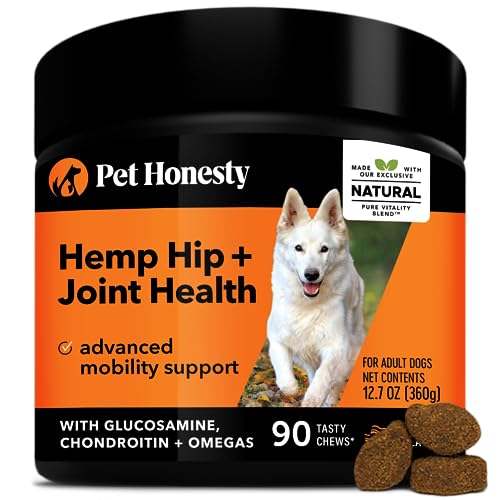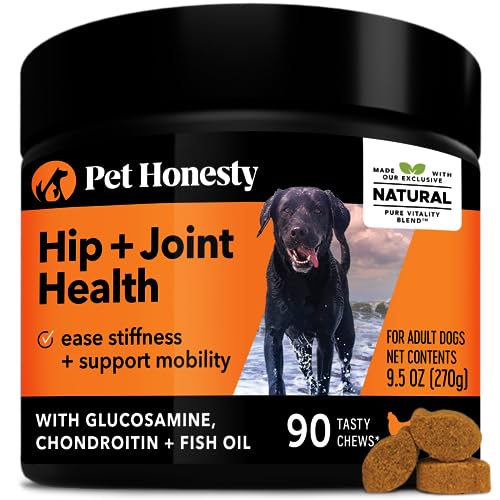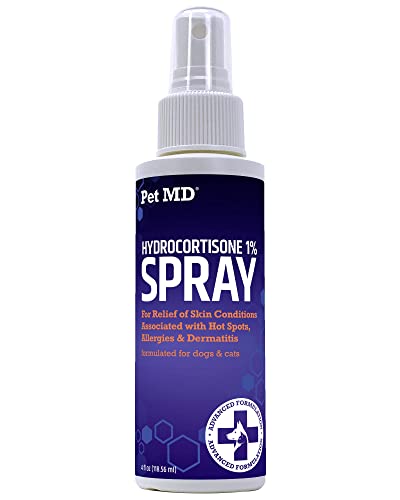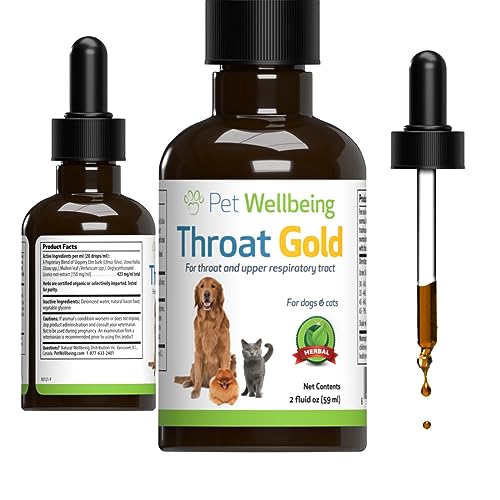Your Pet’s Medications

When your pet has a medical condition, your veterinarian might prescribe one or more Pet medications intended to manage, treat or cure the problem. Although there are some veterinary-specific drugs, many of the drugs used in veterinary medicine are the same as those used in people.
Commonly used pet medication types
The list of over the counter products below contains the most commonly used types of medications in dogs and cats, but is by no means a complete list of all of the types of medications used in veterinary medicine.
Antibiotics: these are drugs that kill microbes, such as bacteria and yeast, and are used to treat infections. They don’t kill viruses, but they are sometimes prescribed to treat secondary bacterial infections that can occur when an animal is ill from a viral infection. Examples in dogs and cats include penicillin, trimethoprim-sulfa, cephalexin and enrofloxacin.

Non-steroidal anti-inflammatories: these common drugs reduce swelling, inflammation, pain and lameness. Examples include carprofen, deracoxib, firocoxib, and meloxicam.
Opioid pain relievers: these medications are generally derived from morphine and can be potent pain relievers. Examples include oxycodone, hydromorphone, butorphanol, meperidine and fentanyl. Most of these drugs are controlled substances because of their addictive potential.
Steroids: steroids have many different uses. They can be potent anti-inflammatories and are frequently used to reduce allergic and anaphylactic reactions. They are also used at high doses to suppress the immune system. Examples include prednisone, prednisolone and dexamethasone.
Antiparasitics: these products are intended to prevent, repel or kill internal or external parasites such as intestinal worms, intestinal protozoans (Giardia, etc.), heartworms, fleas and ticks.
Behavior-modifying drugs and sedatives: these drugs are used to quiet anxious pets or help in reducing anxiety associated with various behavioral issues in pets, prepare pets for anesthesia, and to reduce pet movement during delicate procedures. Examples include diazepam, xylazine, acepromazine and midazolam.
Hormones and other medications used to treat specific conditions: Examples include insulin used for diabetes treatment, methimazole or levothyroxine for abnormal thyroid hormone levels, and heart medications such as atenolol, digoxin, and pimobendan.Chemotherapeutics: these drugs are used to treat tumors and cancer. Examples include cisplatin, vincristine, doxorubicin and cyclophosphamide.
How about getting some of the Best Selling Pet Food for your PetsShowing 49–96 of 162 results
-

HomeoPet First Aid, Oral Wound Care for Dogs, Cats, and Other Pets, 15 Milliliters
$14.99 Learn More -

HomeoPet Joint Stress, Joint Support for Dogs and Cats, Liquid Pet Meds to Support Healthy Joint Movement, 15 Milliliters
$14.99 Learn More -

HomeoPet Nose Relief, Safe and Natural Nasal and Sinus Medicine for Pets, Natural Pet Medicine, 15 Milliliters
$14.99 Learn More -

Joint Supplement for Dogs – Green Lipped Mussel, MSM + Glucosamine Formula – Helps to Restore Mobility, Relieve Arthritis & Hip Dysplasia Pain, Reduce Inflammation, No Artificial Flavors (Pack of 1)
$65.00 Learn More -
Sale!

Joint Support Supplement for Dogs – 120 Chewable Tablets – Glucosamine for Dogs – with Chondroitin, MSM & Manganese – Hip & Joint Supplement for Dogs Mobility Support & Dog Joint Pain Relief
Original price was: $26.90.$22.90Current price is: $22.90. Learn More -
Sale!

Kennel Cough – Cough Supplements – Dog Allergy Relief – Supplements for Dogs & Cats Health – Allergy Relief Immune Supplement for Dogs – for Dry, Wet & Barkly Pet Cough
Original price was: $45.00.$26.99Current price is: $26.99. Learn More -

Kennel Cough Drops for Dogs and Cats – 2oz Pet Herbal Remedy – Throat Soother – Homeopathic Respiratory Support – Dry, Wet & Barky Pet Cough and Cat Asthma, Sinus Congestion Treatment – Made in USA
$18.79 Learn More -

Lambert Kay Pet Pectillin Diarrhea Medication for Dogs and Cats, 4-Ounce
$15.27 Learn More -

Liquid Herbal Medicine & Natural Broad Spectrum Treatment for Tapeworm Whipworm, Roundworm, and Hookworm in Cats & Dogs USA Made Prevention Medication & Supplement Drops for Kittens and Puppies
$18.99 Learn More -

Lixit Safe Soft Tip Pill Administer Tool for Cats, Dogs and Other Pets That Require Medication. (Pack of 1)
$4.63 Learn More -

LIYU Dogs and Cats Medicine Feeder (2 Pack) Pet is Given Medicines Medical Feeding Tool Silicone Syringes Super Durable and Reusable Extremely Convenient – Green
$8.99 Learn More -

MANON ROSA Hamster Recovery Cone-E Collar & 2Pcs Self-Adhesive Bandages Set – Post Surgery Neckwear for Small Animals Rabbits Rats Ferrets Squirrels Chinchilla- Pet Medication Supplies(1C2B Medium)
$14.99 Learn More -
Sale!

Max Potency Hemp Oil for Dogs Cats – Help Pet Anxiety Stress Pain Inflammation Arthritis Aggressive Relax Sleep Allergies Seizures Relief – Pets Treats Chews Joint Hip Organic Cat Dog Calming Drops
Original price was: $16.85.$14.36Current price is: $14.36. Learn More -

Medical Alert Dog Cat Pet ID Tag – “I Need A Special Diet and Medication” – Perso…
$13.95 Learn More -

MediNatura T-Relief Pet Arthritis Pain Relief Arnica +12 Powerful Natural Medicines Help Reduce Hip & Joint Pain, Soreness & Stiffness – Fast-Acting Soother for Dog & Cat – 1.69 oz
$16.99 Learn More -

MediNatura T-Relief Pet Arthritis Relief Arnica +12 Powerful Natural Homeopathic Medicines Help Ease Hip & Joint Pain Soreness & Stiffness for Dog & Cat – 90 Tablets
$16.79 Learn More -

MySimplePetLab Diarrhea Care Dog Kit | Diarrhea Medicine for Dogs to Relieve Loose Stool, Diarrhea, Tummy Troubles, and Stool Accidents | Dog Diarrhea Medication Kit
$39.99 Learn More -

Native Pet Dog Allergy Chews – Natural Dog Skin Allergies Treatment – Anti Itch for Dogs Allergy Relief – Itch Relief & Allergy Support for Dogs – Dog Probiotics for Itchy Skin – 30 Chews
$11.99 Learn More -

Native Pet Relief – Anti Inflammatory for Dogs | Turmeric + Polyphenols + Green Lipped Mussels for Dogs | Dog Aspirin Alternative | Best Dog Arthritis Supplement & Dog Joint Pain Relief | 60 Chews
$23.99 Learn More -
Sale!

Natural Antibiotics for Cats | Cat Antibiotics | Supports Cat Allergy Relief | Cat Itch Relief | Cat Allergy Support | Cat Multivitamin | Pet Antibiotics | Cat Antibiotic | 2 Oz (1 Bottle)
Original price was: $19.99.$17.99Current price is: $17.99. Learn More -

Natural Antibiotics for Dogs | Dog Antibiotics | Supports Dog Allergy Relief | Dog Itch Relief | Dog Allergy Support | Dog Multivitamin | Pet Antibiotics | Dog Antibiotics | 2 Oz
$23.99 Learn More -

NaturVet – Stool Ease for Dogs – 40 Soft Chews – Helps Maintain Regular Bowel Movements – Enhanced with Sugar Beet Pulp, Flaxseed & Psyllium Husk – 40 Day Supply
$14.99 Learn More -

NausX Anti-Motion Sickness and Nausea Relief for Small Breed Dogs, Relief for Disorientation and Dizziness, 10 Tablets
$24.00 Learn More -

Nervous System Support for Dogs and Cats (Formerly S-Support) Naturally Relieves Seizures in Dogs and Cats | Herbal Formula Safely Aids in Reducing Anxiety, Seizures, and Helps Support Nervous System
$34.95 Learn More -

New Brave Paws Daily Anxiety & Stress Support for Dogs with Souroubea- Stress Relief Support Supplement for Dogs Helps to Calm Anxiety Barking unique & patented botanical blend of Souroubea & Platanus
$26.99 Learn More -

NOW® Pets, UC-II® Advanced Joint Mobility for Dogs and Cats, Veterinarian formulated, Help Maintain Cartilage and Connective Tissue*, 60 Chewable Tablets (60 Grams)
$21.56 Learn More -
Sale!

Nutramax Cosequin Maximum Strength Joint Health Supplement for Dogs – With Glucosamine, Chondroitin, and MSM, 132 Chewable Tablets
Original price was: $36.99.$30.92Current price is: $30.92. Learn More -
Sale!

Nutramax Dasuquin with MSM Joint Health Supplement for Large Dogs – With Glucosamine, MSM, Chondroitin, ASU, Boswellia Serrata Extract, and Green Tea Extract, 84 Soft Chews
Original price was: $58.99.$54.76Current price is: $54.76. Learn More -
Sale!

Nutri-Vet Anti-Diarrhea Liquid for Cats – Detoxifying Agent Works Against Bacterial Toxins – Helps Sooth Upset Stomach and Stop Diarrhea – 4 oz
Original price was: $10.83.$9.98Current price is: $9.98. Learn More -

Nutri-Vet Anti-Diarrhea Liquid for Dogs – Helps Sooth Upset Stomach & Stop Diarrhea – Veterinarian Formulated – 4 oz
$11.45 Learn More -
Sale!

Nutri-Vet Aspirin for Dogs | Medium to Large Dogs | 300mg | 75 count
Original price was: $16.54.$15.70Current price is: $15.70. Learn More -

Nutrition Strength Dog Seizure Support, Supplement for Epilepsy in Dogs, with Organic Valerian Root, Chamomile and Blue Vervain, Plus L-Tryptophan Dog Stress and Anxiety Aid, 120 Chewable Tablets
$43.99 Learn More -

Obille Allergy Aid Dog Chews 198g, 90ct – Relieves Itchy Skin, Healthy Coat, Safe Natural Ingredients, Antioxidant Immunity Booster with Omega3 & Turmeric
$14.98 Learn More -
Sale!

Pawfect Dog Allergy Relief Chews – Anti-Itch Skin Coat Supplement – Itchy Skin Relief Treatment Pills w/Omega 3 Fish Oil – Itching & Paw Licking – Dry Skin & Hot Spots – 120 Immune Treats – Bacon
Original price was: $29.99.$18.87Current price is: $18.87. Learn More -

Pet Hemp Oil Drops Treats for Dogs and Cats – Anxiety, Stress, Pain – Calming Aid – Hip and Joint Support Relief -and Skin Health – Rich in Omega 3-6-9 – Made in USA, (2 Pack)
$19.87 Learn More -
Sale!

Pet Honesty Dog Allergy Relief Immunity – Chews, Probiotics for Dogs, Seasonal Allergies, Skin and Coat Supplement, Itch Support Supplement (Salmon)
Original price was: $32.99.$23.09Current price is: $23.09. Learn More -
Sale!

Pet Honesty Dog Allergy Relief Immunity – Dog Allergy Chews, Probiotics for Dogs, Seasonal Allergies, Dog Skin and Coat Supplement, Itch Relief for Dogs, Allergy Support Supplement (Salmon – 180 ct)
Original price was: $49.99.$34.99Current price is: $34.99. Learn More -
Sale!

Pet Honesty Dog Multivitamin Max Strength – 15 in 1 Dog Vitamins for Health & Heart – Dog Essentials Fish Oil, Glucosamine, Probiotics, Omega Fish Oil – Dog Vitamins and Supplements for Skin and Coat
Original price was: $44.99.$31.49Current price is: $31.49. Learn More -
Sale!

Pet Honesty Hemp Calming Chews for Dogs Max Strength- Dog Anxiety Relief, Dog Calming Treats with Hemp + Valerian Root, Melatonin for Dogs – Helps Aid with Thunder, Fireworks, Chewing & Barking (Duck)
Original price was: $39.99.$27.99Current price is: $27.99. Learn More -
Sale!

Pet Honesty Hemp Hip & Joint Supplement for Dogs – Hemp Oil & Hemp Powder – Glucosamine Chondroitin for Dogs, Turmeric, MSM, Green-Lipped Mussel, Supports Mobility, May Reduce Discomfort (Bacon)
Original price was: $41.99.$29.39Current price is: $29.39. Learn More -
Sale!

Pet Honesty Hip & Joint Health – Dog Joint Supplement Support for Dogs | Glucosamine Chondroitin, MSM, Turmeric – Glucosamine for Dogs Soft Chews – Advanced Pet Joint Support and Mobility – (Chicken)
Original price was: $32.99.$21.00Current price is: $21.00. Learn More -

Pet Lodge Oral Syringe & Medicine Dropper for Animals Administer Food & Medicine to Your Pet (Item No. 171601)
$6.60 Learn More -
Sale!

Pet MD Hydrocortisone Spray for Dogs & Cats – Itchy Skin Relief from Hot Spots, Bites, Scrapes, Irritated Skin, & Dermatitis – 4 oz Anti Itch Spray with Pramoxine
Original price was: $14.99.$11.99Current price is: $11.99. Learn More -
Sale!

Pet MD Hydrocortisone Spray for Dogs, Cats, Horses – Itch Relief Spray & Hot Spot Treatment for Dogs, Irritated Dry Itchy Skin, Allergies, and Dermatitis – Reduces Topical Inflammation – 4 oz
Original price was: $17.99.$15.99Current price is: $15.99. Learn More -

Pet MD Veterinary Tris Flush Cat & Dog Ear Cleaner – and Infection Treatment with Ketoconazole 12 oz
$16.99 Learn More -
Sale!

Pet MD Wrap A Pill Peanut Butter Flavored Pill Paste for Dogs – Make a Pocket to Hide Pills and Medication for Pets – 59 Servings
Original price was: $16.99.$13.99Current price is: $13.99. Learn More -

Pet Wellbeing Adrenal Harmony Gold – Vet-Formulated – for Dog Cushing’s, Adrenal Health, Cortisol Balance – Natural Herbal Supplement
$74.95 Learn More -
Sale!

Pet Wellbeing Throat Gold for Dogs – Vet-Formulated – Soothes Throat Discomfort, Hoarseness, Leash Strain, Occasional Cough in Dogs – Natural Herbal Supplement 2 oz (59 ml)
Original price was: $47.95.$38.36Current price is: $38.36. Learn More





